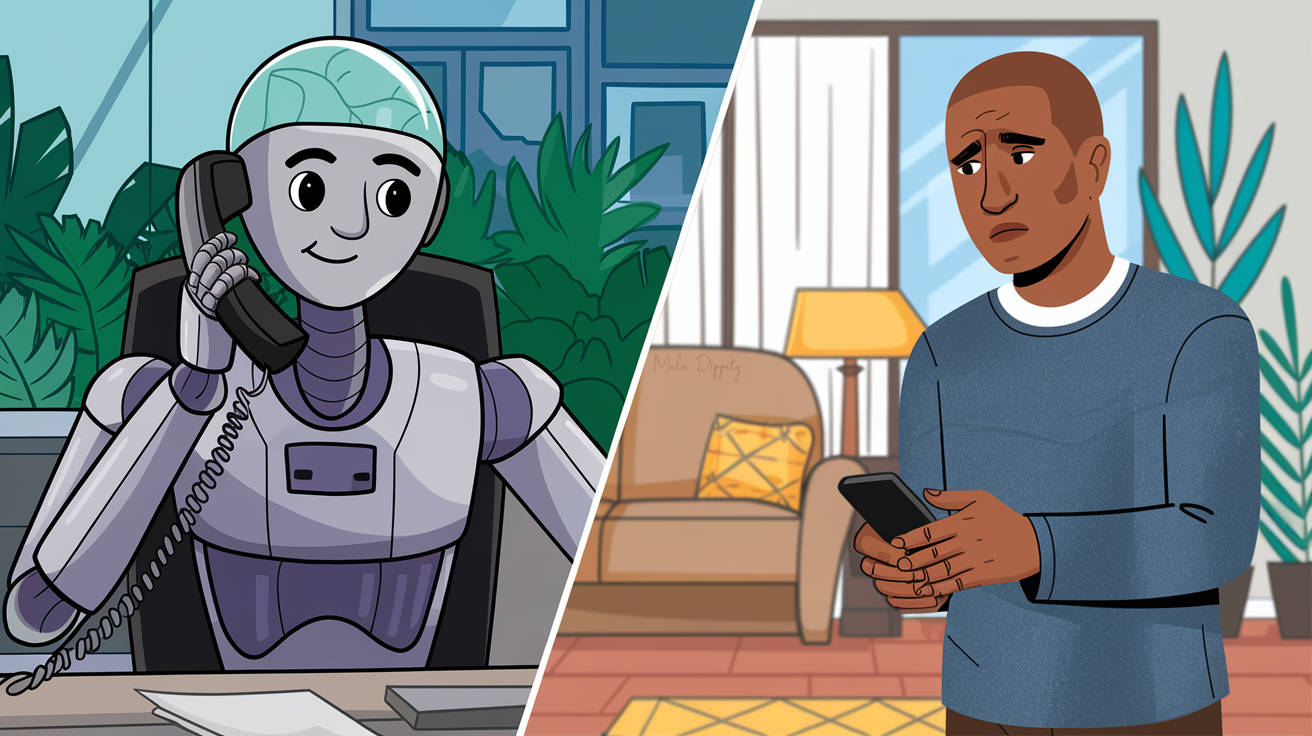As AI gets better, we expect to see it take over jobs that had once been done by humans. One particular organization, the National Eating Disorder Association (NEDA), decided to try utilizing an AI chatbot to run their hotline. NEDA laid off people in favor of AI, and then ended up laying the bot off too. Let’s talk about it.
What is NEDA?
NEDA is the National Eating Disorder Association. The nonprofit organization offers support for people affected by eating disorders and their loved ones. Eating disorders include conditions like anorexia and bulimia.
What does the NEDA do that might benefit from AI?
NEDA offered a hotline for for people to call particularly when they were in struggling with their eating disorder. This was a useful resource, however it was limited by the number of employees hired and volunteers available to staff it. The Tessa chatbot was introduced to take over the hotline and provide automated support for those with eating disorders.
What was the problem with Tessa?
The chatbot Tessa would sometimes recommend restricted eating or ways to lose weight. This was concerning because many who would call the line were already struggling with not eating enough. Tessa’s advice could have pushed users further into their eating disorder rather than actually help them overcome it.
Why would NEDA be so quick to layoff its employees?
NEDA mainly cites the the need for its services increasing beyond their capabilities. The pandemic led to many more people dealing with eating disorders without their usual support system. Their hotline became a lifeline for some. This increasing need strained NEDA’s resources, and they turned to AI. Others report that NEDA was also dealing with the unionization of its workforce. Firing all its employees and relying on AI meant NEDA could help more people, while also not having to pay any employees or negotiate with a union.
So how did NEDA realize they needed to lay off the bot too?
NEDA was aware of some issues with Tessa. Once users began to notice problems, some made note of it on social media. NEDA eventually stopped using Tessa. Currently NEDA’s webpage directs visitors to other helplines
Will this continue to happen in other areas?
I think we will see this happen more, particularly as AI improves. This story does serve as a cautionary tale for both employers and employees. Employers must be really sure about the AI resources they are utilizing and that they are well tested. Employees must be aware of the chances that their work could be done by AI. If you think your job could be done by AI easily in the near future, you should consider preparing for a different line of work.
Explore More
National Eating Disorders Association phases out human helpline, pivots to chatbot
An eating disorders chatbot offered dieting advice, raising fears about AI in health


Leave a Reply